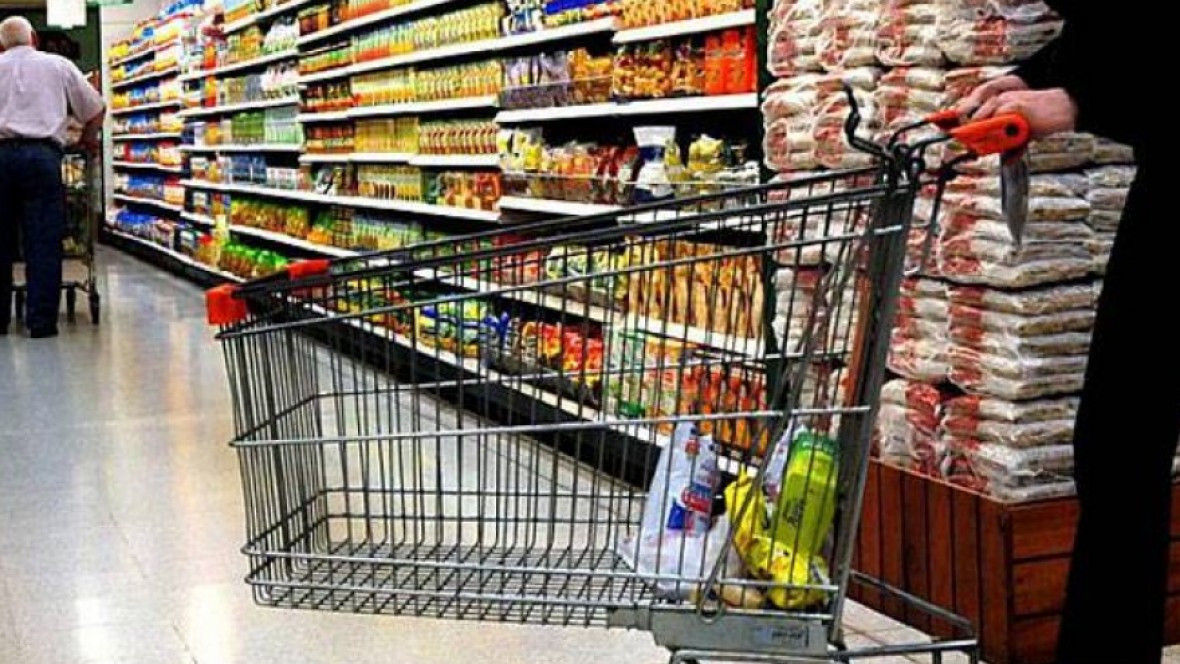
According to the Survey of supermarkets and wholesale self-services published by INDEC on June 19, by April 2024 sales fell by 17.6% and 21.2% year-on-year respectively. As for supermarkets, it registers the lowest value since 2017 (beginning of the series). Among the most affected products are electronics and household items, preserved foods and meat.

Of the supermarkets surveyed, 30% plan to reduce staff in the next 3 months. 85% indicate that their situation will remain the same or will get worse.
According to the Argentine Confederation of Medium Enterprises, the retail sales index had a negative accumulated variation of 18.4%. The Pharmacy category was the one with the greatest year-on-year drop (18%), while food and beverages fell 8.5%.

Although the INDEC report on consumption in supermarkets has a delay of 1 month, the consulting firm Scentia presented a report indicating that sales in supermarkets and supermarkets fell 10% annually in May. The products that fell the most were perishable foods, with a drop of 20.5% year-on-year. And beverages that had a decrease of 19.1% year-on-year in their alcoholic variant, while non-alcoholic ones fell 18.3%.
Credits to eat
Regarding purchases with credit cards, it appears from the INDEC report that it grew by 304% compared to last year, 14 percentage points above inflation.
According to the Payway Prisma index, a market study by the wireless terminal company, supermarkets were the area in which purchases increased the most for the first quarter of the year, 29%. 64% opted to purchase in a single installment. Within the installment plans (ex now 12), purchases in 3 installments increased from 37% to 51%, and in 6 they went from 30% to 40% compared to the first quarter of last year.
“This indicates that the fall in the real salary means that, in order to maintain certain consumption, families are oriented to go for greater financing, the financing of consumption increases, continuing with what is indicated by the data that the payment increased in six installments compared to last year,” indicated Claudio Caprarulo, from the consulting firm Analytica.

Let’s face Milei’s adjustment
The policies of Milei and Caputo, following the guidelines of the IMF, freeze the economy and consumption plummets due to the loss of purchasing power of wages. With increases in poverty and indigence and increases in suspensions and layoffs due to the fall in economic activity, added to the deregulations for greater freedom for employers to make labor contracts more flexible.
According to a Chequeado report of the first 6 months of the Milei government, the minimum retirement had a real drop of 17.5% year-on-year; the minimum wage 29%; and the salary of registered employees 25%. Also in the same report they highlight that milk consumption in homes fell by 17.6%.
The first 6 months of Javier Milei’s government have passed and at Chequeado we prepared a special with data on key indicators🔏:
— Checked (@Chequeado) June 10, 2024
It is necessary that the union centers break the truce with Milei and call for a true plan of struggle with a general strike to confront the attack measures of the Government and the IMF on the living conditions of the majority and our democratic freedoms.
Source: www.laizquierdadiario.com

